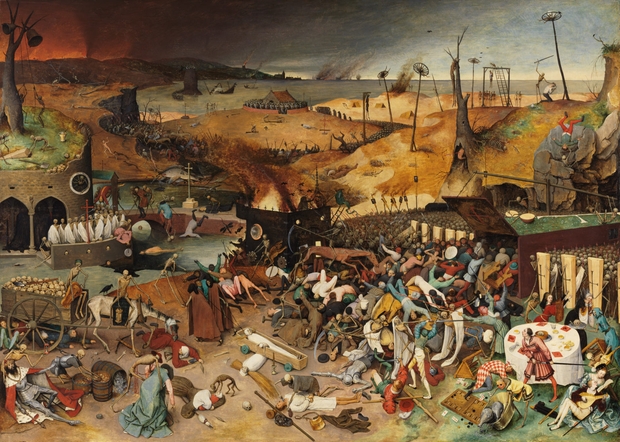Immortality: A Dream Worth Pursuing or a Dystopian Trap?
Paul Gilster examines the science and ethics of immortality in Centauri Dreams. Inspired by Ted Chiang’s reflections, he ponders the potential social and philosophical impact of eternal life.

In his thought-provoking piece, "Do You Really Want to Live Forever?" Paul Gilster explores the science, philosophy, and societal implications of immortality, inspired by science fiction author Ted Chiang’s recent lecture at Princeton. As Gilster dives into the cryonics industry, with companies like Alcor offering to freeze bodies at -196°C, he raises an age-old question: is eternal life even desirable? Gilster ponders the unsettling notion of consciousness enduring in a frozen state, echoing themes from science fiction and stirring debate over the actual appeal of living forever.
Gilster notes Chiang’s perspective that eternal life, though appealing in theory, could lead to an unmotivated, perhaps even "dreary" existence devoid of purpose—a life stripped of the urgency and motivation death provides. Chiang further cautions that immortality, if attainable, would likely exacerbate existing social divides. Only a wealthy few would initially have access, potentially creating a powerful, immortal elite. Chiang articulates a nuanced ethical dilemma: “The desire to live forever is fundamentally in conflict with the desire to have children. Allowing people to pursue one of these goals will inevitably entail restrictions on people to pursue the other.”
Key Takeaways:
- Cryonics as a Concept: Companies like Alcor preserve bodies for potential future revival, though scientific uncertainty shrouds the viability of such preservation.
- Philosophical Dilemmas: Would immortality render life purposeless, with individuals losing motivation over centuries of life?
- Social and Ethical Consequences: Chiang suggests that immortality could intensify wealth inequality and disrupt the "social instinct" necessary for collective human progress.
Chiang’s insights, rooted in his acclaimed science fiction work, encourage readers to question the ethicality and desirability of pursuing immortality. As Gilster aptly summarizes, the real question might be less about the science of immortality and more about what kind of society—and person—such a pursuit would create.






